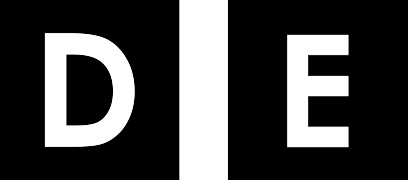Forum for Democracy (FvD) has significantly increased its representation in the polls, more than doubling its seats from 3 to 7. The surge in support follows Thierry Baudet’s decision to step aside as the lead candidate, handing the position to 28-year-old Lidewij de Vos.
Baudet attributed the party’s previous stagnation to his own public persona. He stated that his outspoken nature and perceived controversial views were hindering the party’s growth.
De Vos advocates for policies including halting asylum, ending climate policy, and facilitating the “remigration” of thousands of Dutch citizens annually. The term “remigration” is often used by right-wing extremists as a euphemism for mass deportations, a practice against which the National Coordinator for Security and Counterterrorism (NCTV) warns.
Despite the leadership change, FvD’s spokesman Milan Schenk acknowledged disappointment with the limited mainstream media exposure for De Vos. Schenk credited the party’s success to its strong grassroots organization, boasting 60,000 members, a large youth movement, and active local branches. The campaign involved distributing 350,000 posters and over half a million flyers.
The party invested heavily in online advertising, outspending all other parties on Meta and Google between the end of August and the end of September. FvD’s online advertisements utilized keywords such as “transgender propaganda” and “left-wing indoctrination.”
Videos featuring De Vos have proven popular, particularly on platforms like TikTok and Instagram. According to Schenk, De Vos’s communication style resonates differently with audiences, even when conveying the same message as Baudet.
Political scientist Léonie de Jonge noted that FvD has strategically “cleaned up” its image with the new lead candidate. She pointed out the party’s anti-democratic ideology and ties to international extremist organizations as concerning factors.
De Jonge also highlighted the unique fragmentation within the Dutch far-right, leading to competition and increased extremism. Despite the overall growth of the far-right bloc, JA21 is able to present itself as moderate in comparison.
